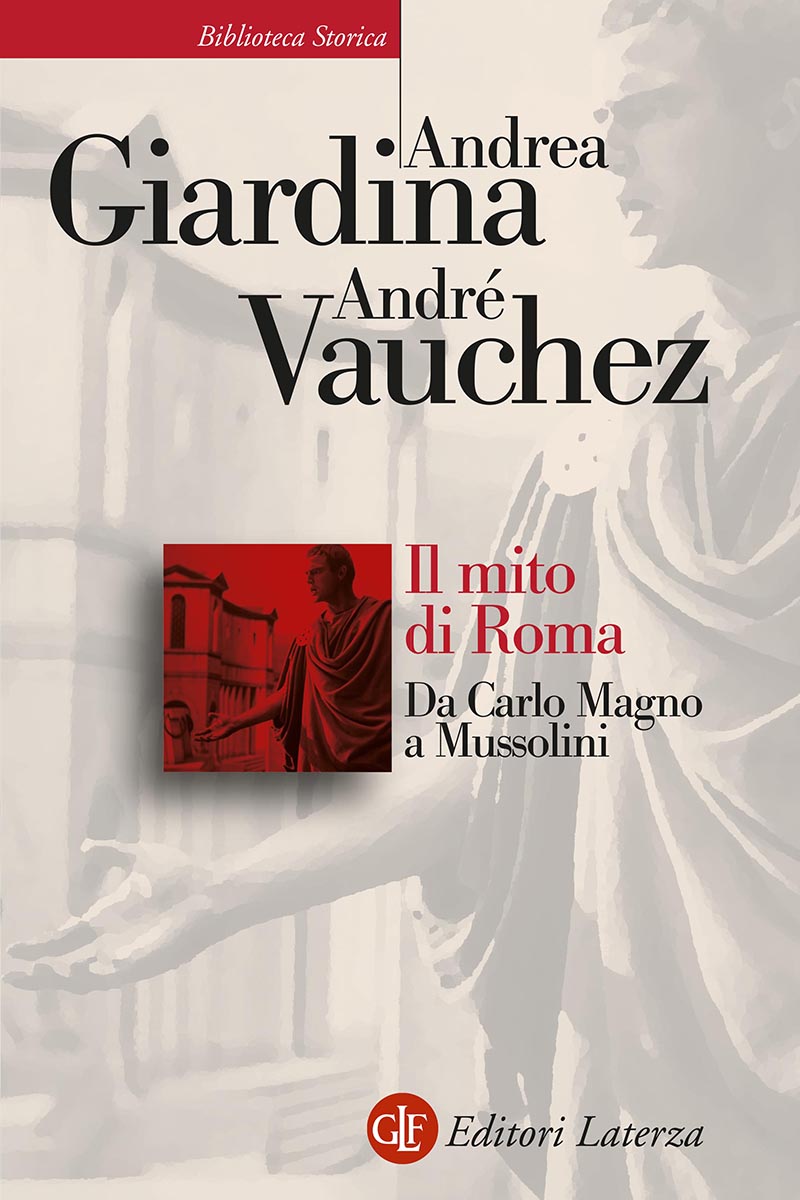
Pages: 348
Series: BSL
ISBN: 9788858120507
The Myth of Rome. From Charlemagne to Mussolini
Rome is not just a city but a generator of mythology, a place that ever since antiquity has provided metaphors and models of political and religious conflicts, of cultural choices. Rome is a certain sense of grandeur, the idea of a single administrative space, governed by the rule of law, of efficiency associated with formal beauty in the arts and buildings, and of a set of moral virtues in which people divined the secret of success. This was the recipe offered to those who saw in the eternal city an immortal symbol, unassailable by time. From the Middle Ages to today, Andrea Giardina and André Vauchez recount the myth of Rome at the origin of the political ideas that continue to animate the present debate. The universal conception of the Medieval empire and of the papacy, the defence of citizen freedoms and the values of self-government, the triumphant image of the French Revolution and Fascism’s penchant for the spectacular – these are the main tributaries from which the myth of Rome flows. Between rehabilitations and falls from grace, enthusiastic adherences and drastic rejections, the myth of Rome continues to grip the popular imagination, not only in Italy but throughout the entire known world.







































